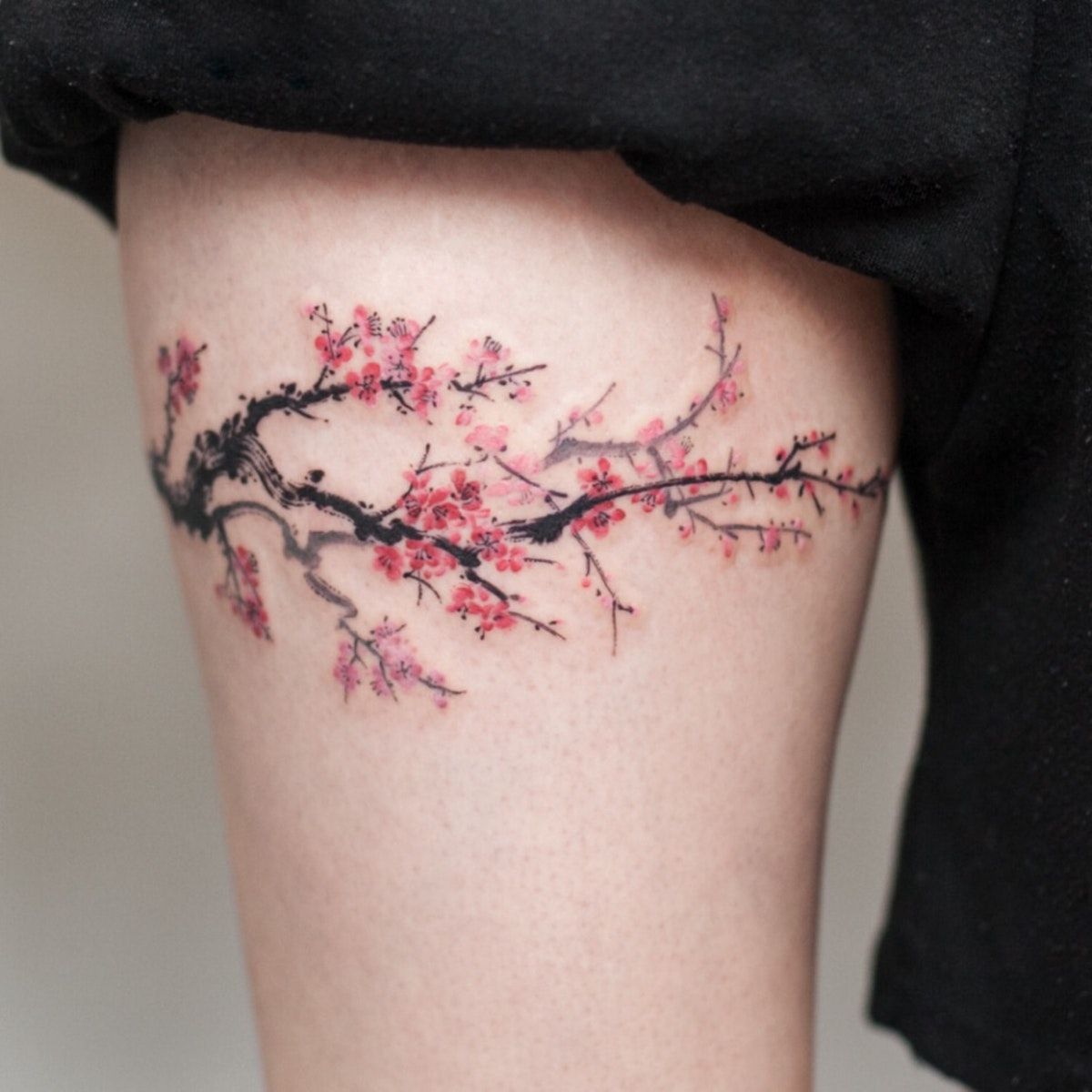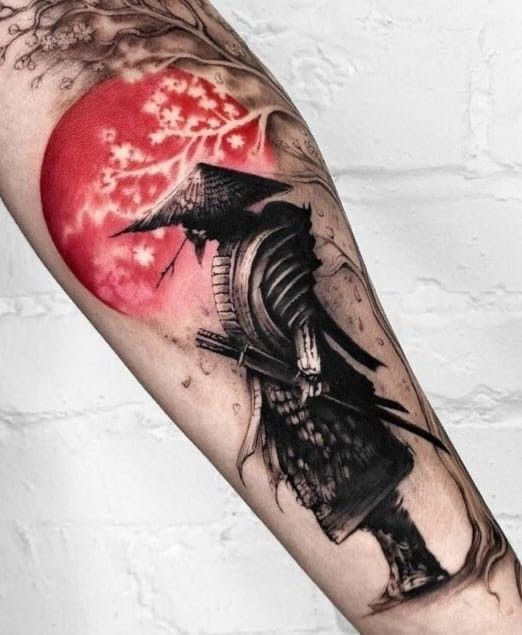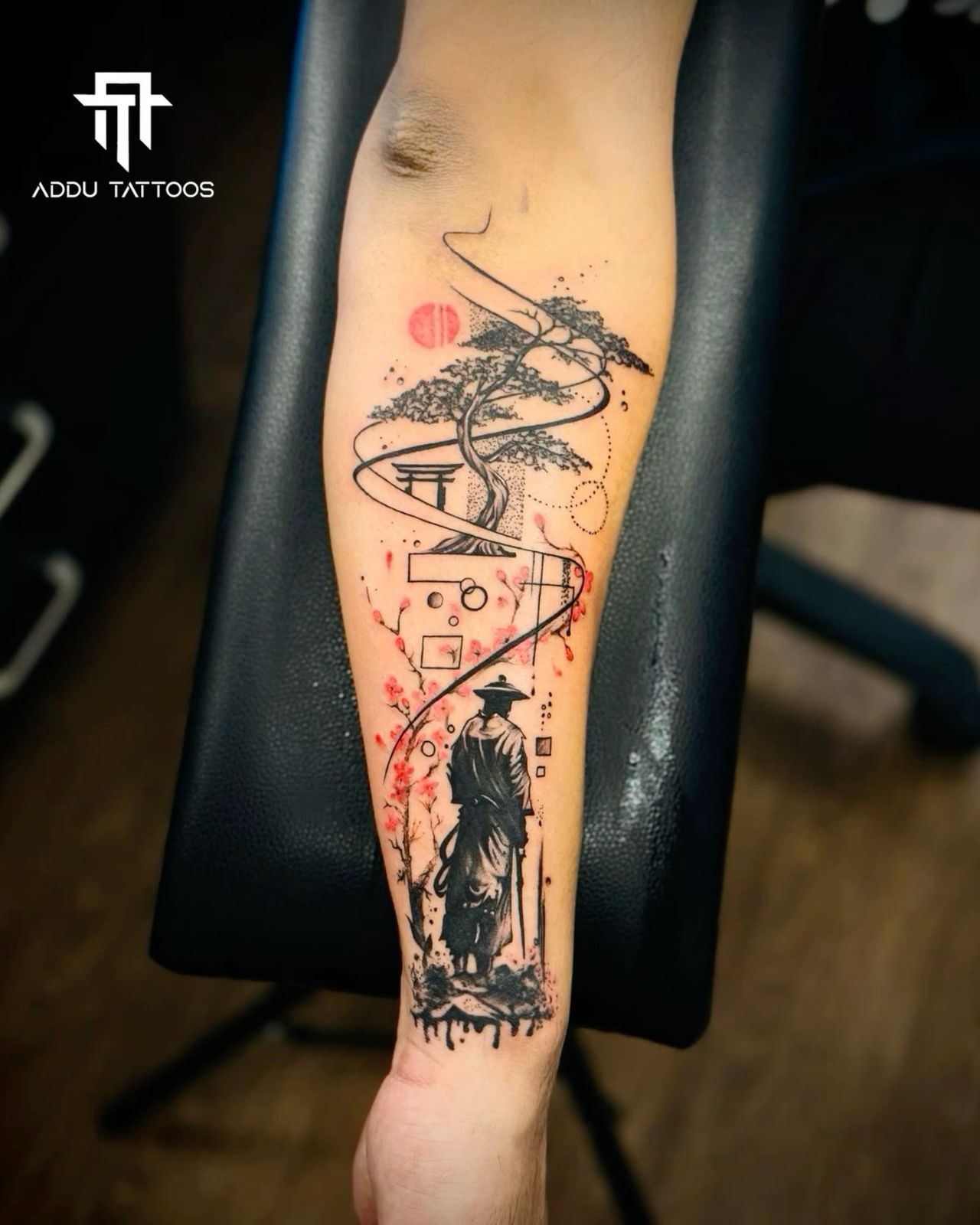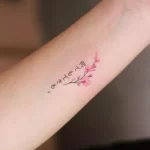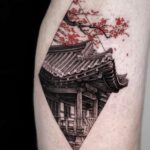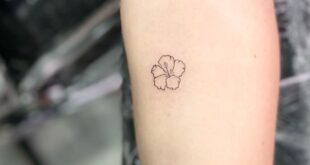Tattoos in Japan hold a deep cultural significance and have a long history dating back thousands of years. However, in modern times, tattoos have been associated with criminal activity and are generally frowned upon in Japanese society. Despite this stigma, tattoo artistry in Japan continues to thrive, with traditional Japanese tattooing techniques and designs being highly appreciated and sought after by tattoo enthusiasts around the world.
Traditional Japanese tattooing, known as irezumi, is a painstaking and time-consuming process that involves using a hand-held tool made of steel needles to manually insert ink into the skin. This technique has been passed down through generations of tattoo artists, who often undergo years of rigorous training to master the art of irezumi. The designs typically feature motifs such as mythical creatures like dragons and phoenixes, as well as natural elements like cherry blossoms and waves. These intricate and detailed designs are meant to not only adorn the body but also to convey a deeper meaning or tell a story.
In Japan, tattoos have historically been associated with the yakuza, the country’s notorious organized crime syndicates. Members of the yakuza often sport elaborate full-body tattoos as a sign of their allegiance and status within the criminal underworld. As a result, tattoos have been stigmatized in Japanese society, with many public bathhouses, hot springs, and beaches banning individuals with visible tattoos from entering their premises.
Despite the negative connotations surrounding tattoos in Japan, there has been a growing interest in tattoo culture among the younger generation. Many young Japanese people are embracing tattoos as a form of self-expression and art, breaking away from the traditional views held by older generations. Tattoo studios in Japan are seeing an increase in clientele, with both locals and tourists seeking out skilled tattoo artists to create unique and meaningful designs.
In recent years, there has been a push for greater acceptance of tattoos in Japan. Some onsens, or hot springs, have relaxed their policies on tattoos, allowing guests with tattoos to enter as long as they cover them up with stickers or bandages. Additionally, there has been a rise in tattoo conventions and art exhibitions showcasing the work of talented Japanese tattoo artists.
Overall, tattoo artistry in Japan continues to evolve and thrive, blending traditional techniques with modern styles to create stunning and intricate designs. While the stigma surrounding tattoos may still persist in certain aspects of Japanese society, there is a growing appreciation for the art form and a desire to break down barriers and misconceptions. As the popularity of tattoos continues to grow globally, it is clear that the rich tradition of Japanese tattooing will continue to captivate and inspire art lovers for years to come.
 innstyled Tattoo Ideas
innstyled Tattoo Ideas
